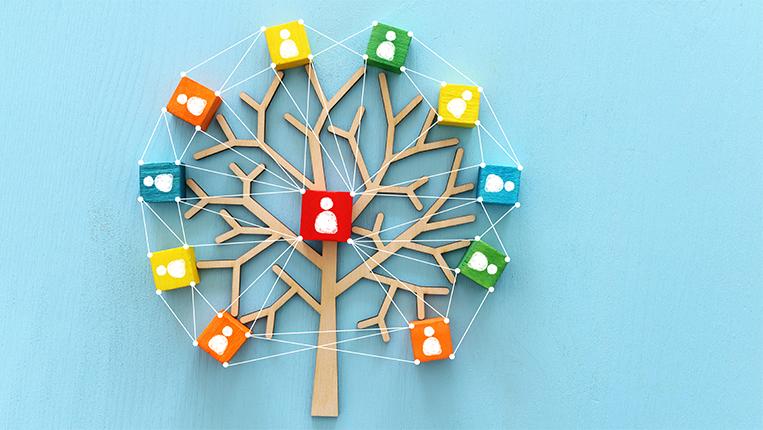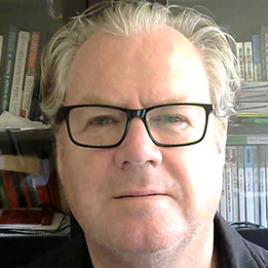Objectives and competences
It is expected that students will have first degrees in biological sciences and related areas and it is considered necessary that Biotechnology is an economic activity that uses science to create value. To this end this discipline intends that the students i) gain an understanding of the basic structures and dynamics of the modern economy per se with special emphasis on the economy of technology and of innovation the particular role uncertainty plays in the Bioeconomy; ii) gain an overview of Biotechnology, sensu lato, as an economic activity and iii) are exposed to the various ways in which Biotechnology is currently employed in the modern economy to the extent that the concept of the Bioeconomy is used to describe its breadth and potential.
Teaching Methodologies
Teaching will be by a combination of classical theoretical classes by recognised specialists and a tutorial programme with discussions and presentations / interviews with practitioners from various parts of the Bioeconomy. The presentation of essays and the orientation of this process will ensure that students are developing their understanding along the course.
Syllabus
An introduction to the modern economy and the key concepts that underpin it.
Basic concepts of the economy and economics and a definition of the Bioeconomy.
The economics of technology and of innovation.
How uncertainty changes the precepts of the Bioeconomy.
A description of the Bioeconomy and its current scope.
The different realms of the bioeconomy with a special emphasis on the uses of modern biotechnology.
The extraction of value in its various forms from biological resources and technologies.
As defined by the nature of the product (goods, services, biomass, protein, products of primary production etc)
As defined by application area (agricultural, food, industrial, marine, medical and etc)
The current and potential impacts of the Bioeconomy on the environment, the economy, human health and on society as a whole.




